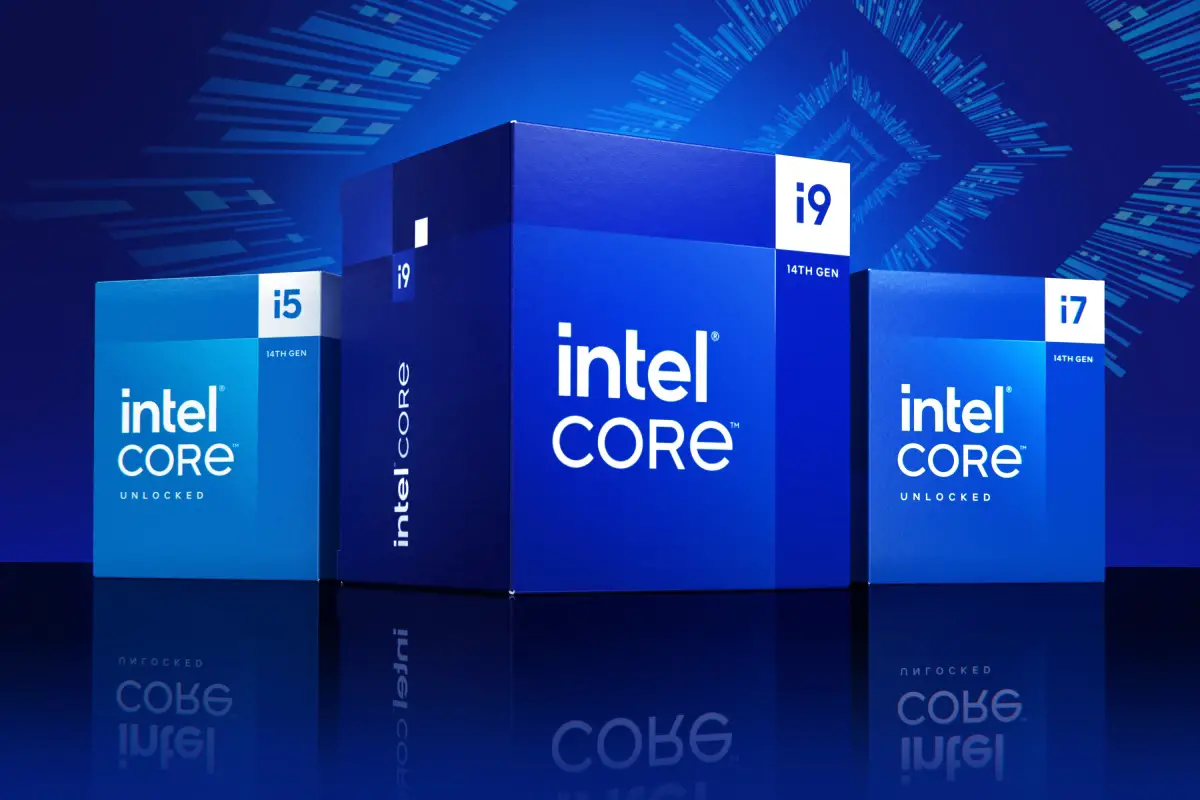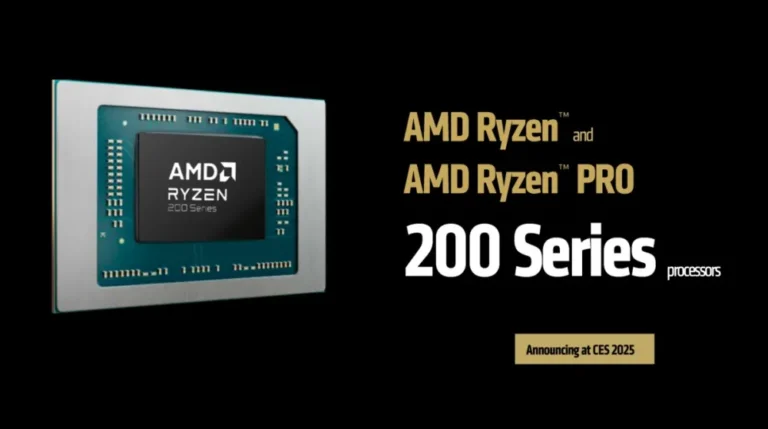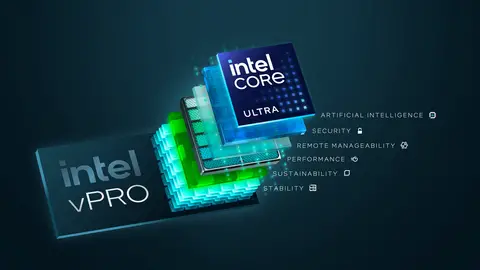
In recent times, Intel has been plagued by instability issues with its 13th/14th generation Core desktop processors. In its latest announcement, Intel revealed that excessive operating voltage, caused by a microcode algorithm error, was responsible for the instability. This error resulted in incorrect voltage requests being sent to the processors. Intel plans to release a microcode patch to its partners after completing comprehensive validation by mid-August. However, this statement has not mitigated the situation and has even led to continued controversy.
According to TomsHardware, Abington Cole + Ellery, a law firm specializing in class action and intellectual property, has begun investigating the instability issues with Intel’s 13th/14th generation Core desktop processors and may initiate a class action lawsuit on behalf of Intel’s customers.
Previously, Intel acknowledged that 13th/14th generation Core desktop processors with a TDP of 65W or higher (including K/KF/KS and 65W non-K variants) could be affected by the voltage increase issue, potentially impacting millions of processors. Although Intel has promised to offer RMA services to affected customers, feedback from some customers indicates that the process is not as straightforward as it appears. Conversely, some users have reported that Intel is already taking action, requiring photos of the processors. Upon approval, Intel contacts customers for credit card information and arranges for the return of the faulty processors, sending replacements once the originals are received. The RMA process incurs a $25 fee.
Inevitably, the after-sales process encounters dissatisfied customers. If Abington Cole + Ellery can gather a sufficient number of plaintiffs, the firm can file a lawsuit against Intel. Theoretically, if the case is won, the judge could mandate Intel to compensate all users of the 13th/14th generation Core desktop processors, with the lawyers receiving a substantial share of the settlement.


